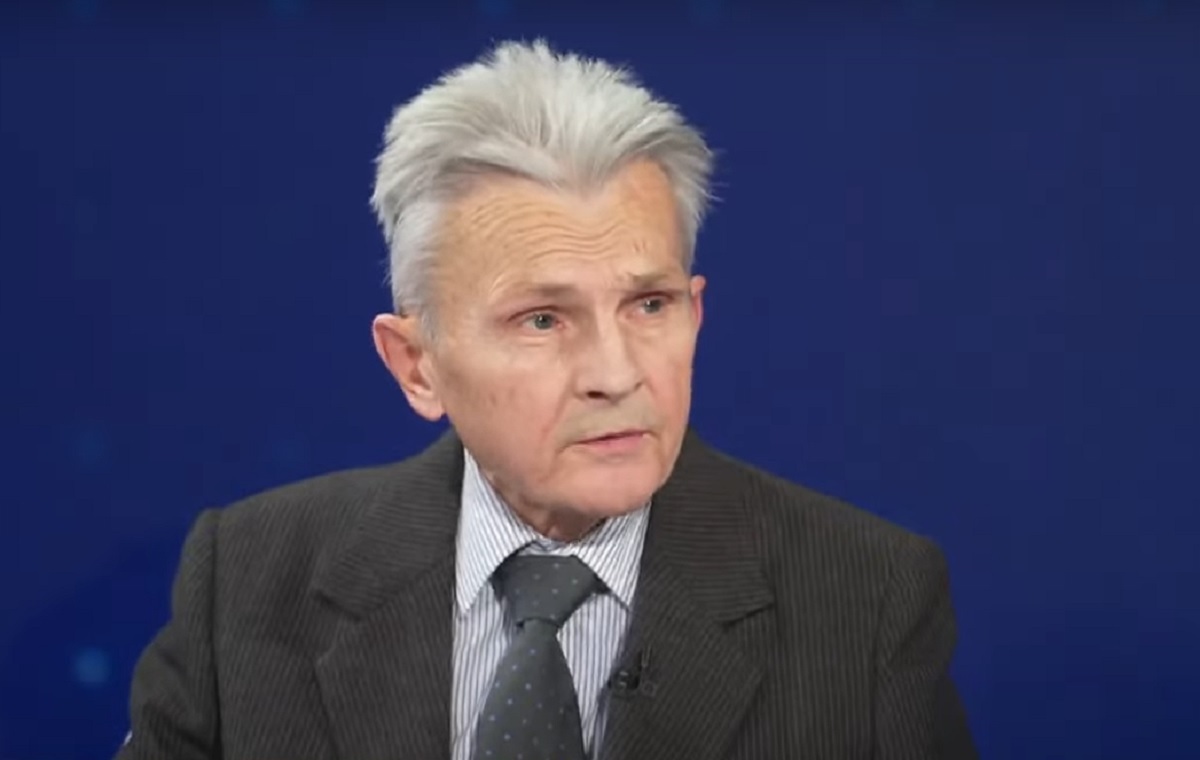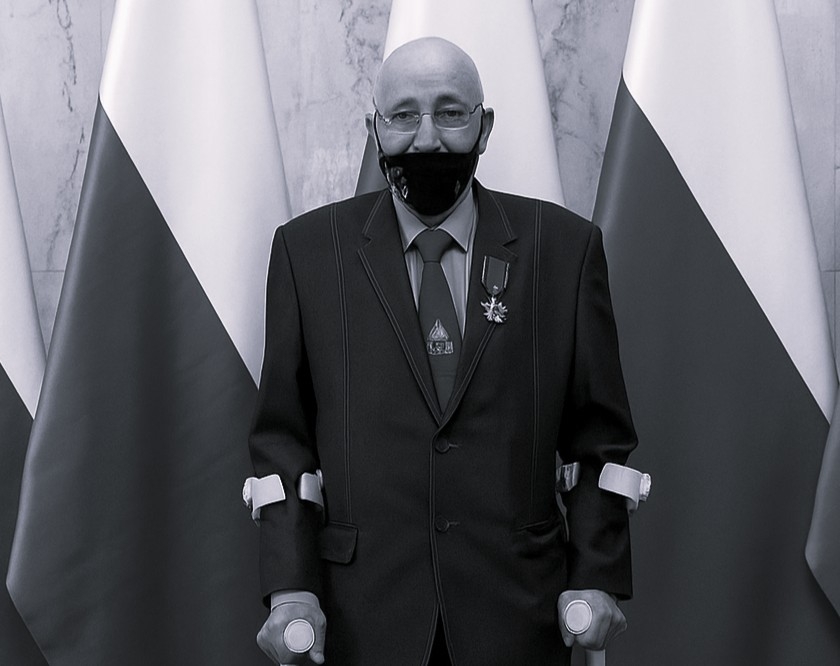Aleksander Kisil: What is it and how the law arises...
date: February 05, 2024 Editor: Editorial
What's the law for? So that
· control of the government – for which the government has clearly not been allowed, is prohibited – and
· warrant freedom and give safety to citizens – which is not specifically prohibited, is allowed.
This should be the sense of the legal system. Unfortunately, our law – a set of legal rules – does not meet this requirement!
_(1).jpg)
Law can be established as preemptive (making and imposing standards) or as accepting (formal sanctioning of practice-based, proven rules of social coexistence).
An interesting fact is the linguistic heritage of the law. The word “right” derives from lawfulness, rightfulness, regulation of law, righteousness, correctness, efficiency, justice – meaning affirmative concepts, while negative concepts are frequently associated with the word “left”, e.g. left, left.
In the old Europe, the principles were comparatively simple: the law served to guarantee the safety and justice of the people of the country and described the responsibilities and privileges of individual citizens. It was known who was who: the thief and the criminal was the bad one, a law-abiding citizen - the good one. He who respected the rules did not gotta tremble for his fate, due to the fact that behind him was the authority and power of the state.
Today, nothing is so clear or black and white, due to the fact that in relation to the police of Western "progressive" countries, it is not a thief, but a decent citizen may have problems. Let us look at today's strategy of law – we have a reversal of the law: “a speech of hate” alternatively of freedom of speech, punishing the publication of a camera in front of the home as a thief steals a package or garden equipment, punishing the refusal of abortion, etc.
The law occurs in this context (the strategy of state legal standards, applied by coercion) and in a subjective sense (description of the powers of an individual or an institution).
The legal strategy should be based on a circumstantial ethics and doctrine of the functioning of the state, e.g. the rule of property protection, respect for human dignity, respect for human life, etc.
The law can be good, just, implementing the principles and values mentioned above, or unfair, bad, trampling values specified as freedom or dignity. In the second case, the problem arises and the question whether to respect specified a right. Mahatma Gandhi wrote: “Everyone who submits to unfair law is liable for all the consequences. Therefore, if law and justice are in conflict, we must choose justice and disobedience to the law.”
We are responsible! Before the next generations, before History, before God and before the full society today. That is why we should argue the incorrect law.
The law present is evil, makiawelous, twisted, opaque, entangled, inconsistent, illogical, anti-social, anti-national, unfair, blurry. In this anti-system, including a thicket of regulations, it is hard to understand, hard to function, to be compatible with all regulations.
By definition, the law is to service the affirmative arrangement and regulation of social life: truth, justice, righteousness, fitness. We know that this is frequently not the case, that besides frequently the law is simply a tool for the rulers to subdue, intimidate, plunder, divide, etc. The benefits for the rulers of fooling us and weakening us towards the authorities of the state, confusing the law and obscure its provisions are besides large to change the law for good, precise, unambiguous and just!
In a normal, truly democratic country, the method would be a legislative initiative, a referendum and the establishment of a new, better, just law. However, as the practice of fresh decades shows, it is not realistic today, and counting on this way is naive.
So what should we do, what methods should we use? Here again, Mahatma Gandhi comes to our aid: civilian disobedience must be applied and no incorrect law enforced. Of course, many people are afraid of the consequences of specified action, i.e. – in their opinion – revenge of the state apparatus and punishment. If a boycott of the law were taken by single people, possibly it would be. But imagine that a dozen, 20 million Poles simultaneously boycott evil laws, for example, halt paying taxes. Then the state faces bankruptcy and paralysis. The state's camera would be in fear, panic. That's the force method.
Another method of emphasis has been applied in past before: a general strike, that is to say, will stay home and will not take up work. Of course, before specified action it would be essential to make supplies of food, water, candles, batteries, etc. in order to last a fewer weeks of specified a strike.
One thing is clear: present the law in Poland is inconsistent, patched, sometimes conflicting, blurred, incomprehensible. It is mostly the legacy of the PRL.
Undoubtedly, the best option would be to throw out all the current right to the basket and establish a new, good, coherent, precise and just strategy with a fresh Constitution at the head.
I want you faith, hope, love and health
"Go deeper and higher!"
Let us be hope for Poland and the world
Dr. Alexander Kisil
Cybernetic, psychologist, counselor, trainer, speaker, author.











![Chełm. W ubiegłym tygodniu odeszli od nas... [6-07-2025]](https://static2.supertydzien.pl/data/articles/xga-4x3-chelm-w-ubieglym-tygodniu-odeszli-od-nas-29-06-2025-1751756380.jpg)





